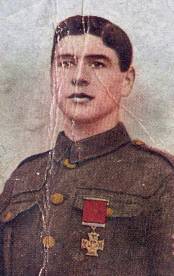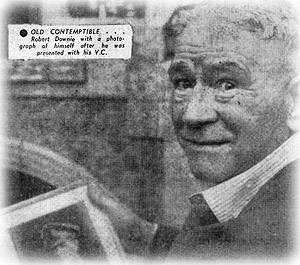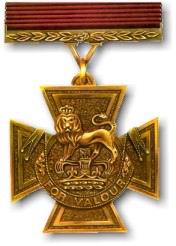The story of an Irish soldier from the prisoner of war camp
The story of an Irish soldier from the prisoner of war camp
The following is an outline of the life story of an Irish soldier, the “Private” (in the German military of World War I comparable to the rank of a top gunner) Christopher McDonald, who was imprisoned in the prison of war camp in Dietkirchen and who returned home after the war.
Hereby a single fate is visualized, the people of the camp get a story and thus a face.
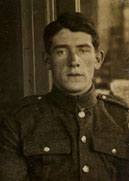
Christopher McDonald, one of 11 children of the McDonald family, born in the maternity hospital on Holles Street, Dublin, was 17 years old when he joined the 2nd Battalion of the Royal Dublin Fusiliers in 1913.
Christopher McDonald was a gardener’s assistant by profession, living in Rathfarnham.
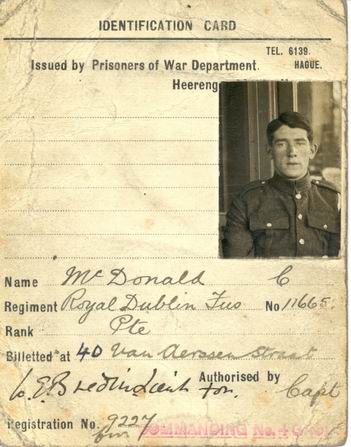
His two brothers Daniel and Peter were also in the army. Daniel had the rank of Regimental Sergeant Major of the Royal Dublin Fusiliers, which is equivalent to the German rank of Staff Sergeant.

Christopher McDonald was one of the so-called “Old Toughs”, as the members of the 2nd Battalion were called.
The Battalion was part of the 10th Brigade, 4th Division of the British Expeditionary Force under the command of General Sir John French, which as an army later became known as “The Old Contemptibles”.
In August 1914 he landed with the battalion in Le Havre.
The strength of the battalion was 22 officers and 1053 other ranks, the strength of the whole army was more than 100.000 men.

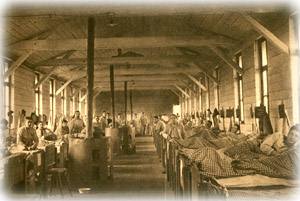
After the war McDonald spent about a year in Dublin before moving to Glasgow where he worked for the Scottish Railways.
His Glasgow friend and companion in the Royal Dublin Fusiliers, Bob Downie, was one of three Dubliners to be awarded the Victoria Cross, the highest English military decoration.
Robert (Bob) Downie with a photo of himself in his hand showing him after receiving the Victoria Cross.
The Victoria Cross is the highest war award of the armed forces of the United Kingdom and some Commonwealth countries. It is awarded for outstanding bravery in the face of the enemy and is the highest ranking of the orders and decorations of the United Kingdom together with the civil George Cross.

